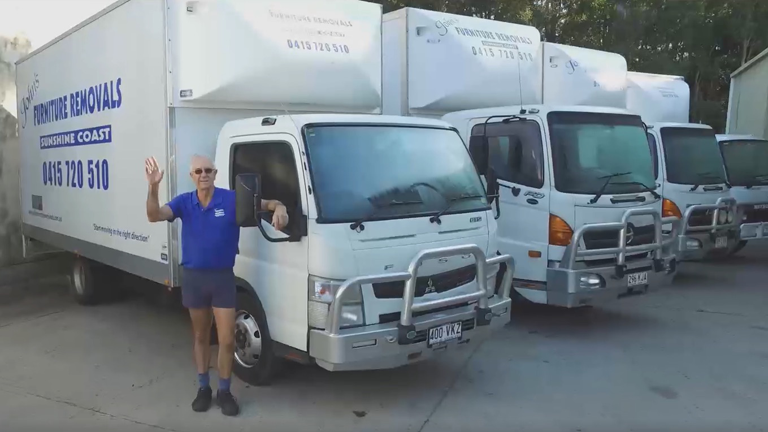Thailand is a popular choice for foreigners looking to invest in real estate. With its beautiful landscapes, rich culture, and welcoming people, it’s easy to see why. However, buying property in Thailand can be tricky, especially when navigating the laws and regulations. Here are some tips that can help you make the right decision and save you a lot of money.
Understand the Laws and Regulations
First, you must understand that you can’t buy land in Thailand as a foreigner but can purchase apartments and condominiums. Also, you can’t own more than 40% of the total units in an apartment block or condo. Interestingly, while you can buy an entire building, you still can’t own the land it sits on.
If you’re interested in a villa or a larger property, you might consider a leasehold agreement. This allows you to purchase the property without owning the land.
Another option for acquiring land or a house is to set up a private limited company. This company can have both Thai and foreign owners, but the foreign ownership must be 49% or less.
Get Legal Assistance
Investing in property is a big decision, so careful planning is essential. A local property lawyer can help you understand the legal side of things, especially since some aspects may be unfamiliar to you. Before you sign any contracts, it’s wise to consult with a lawyer to make sure you’re covered legally.
Work With a Thai Property Agent
Having a local expert by your side is crucial when buying property in Thailand. A good real estate agent will help you better communicate with sellers and understand the area. They can save you time and effort by showing you properties that fit your budget and needs. A good agent knows how to negotiate and can help you get the best price while looking out for your interests throughout the process.
Conduct a Title Search
One of the most important steps in buying property is checking the title deed at the Land Office. This helps you know if the seller has the legal right to sell the property. A thorough title search reveals the history of the property’s ownership and lists any liens or mortgages that may affect it. It also help confirms your property access rights, including building rights and local zoning laws.
Be Aware of Additional Costs
When buying property in Thailand, it’s necessary to budget for additional costs beyond the purchase price. You may encounter fees such as transfer taxes, stamp duty, and legal fees, which can add up to around 6-7% of the property price. Make sure to factor these costs into your overall budget to avoid surprises later.
Understand the Financing Options
If you need a mortgage, check with local banks and financial institutions to see what options are available for foreigners. Some banks offer loans to non-residents, but the requirements can be strict. A good credit history and a substantial down payment can improve your chances of securing financing.
Make Your Thailand Property Dreams a Reality
If you’re ready to purchase your property or have any questions regarding Thailand’s law on property ownership, consider reaching out to trusted real estate agencies like PropertyScout and DDproperty. These agencies can help you find the perfect home, guide you through buying, and connect you with reliable professionals.






